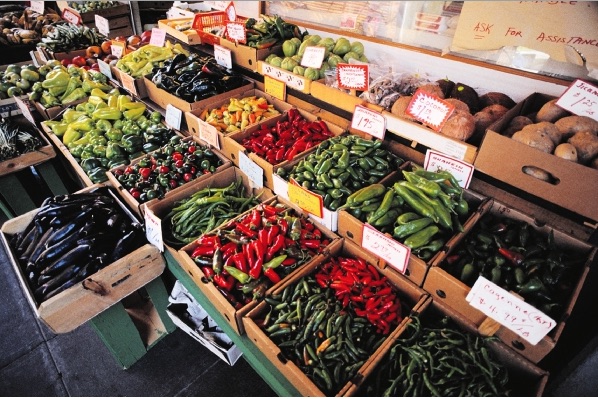
New Report Seeks to Reassure Consumers, Calm Unwarranted Safety Fears re: PesticideThis time of year, food becomes a primary focus of conversation as we turn our thoughts to colder weather, cozy family dinners and the holidays. Food should be a source of fun, healthiness and good flavors – it should not be a source of fear. But, when it comes to fruits and vegetables, some groups actively promote inaccurate messaging designed to evoke fear in an effort to promote one farming method over others. Study after study and government sampling programs repeatedly confirm the safety of produce. Decades of studies also show the significant health benefits of a diet rich in fruits and vegetables, including the prevention of diseases and increased lifespan. Yet these groups continue promoting disparaging messaging and have even increased the veracity of their statements in recent promotional efforts. Even more concerning is this is done in light of peer reviewed research which is showing that when consumers are exposed to inaccurate messaging about “high” residues, they state they are less likely to purchase any produce – organic or conventionally grown. With only one in 10 Americans eating enough produce each day, registered dietitians and nutritionists have a hard enough time working with clients and consumers on overcoming barriers to consumption, now they also have to counter safety fears? Doesn’t seem right. Now a new report seeks to reassure consumers by describing how information from complex risk assessments can be misinterpreted in news stories and by certain groups. “Consumers should feel confident, rather than uncomfortable, when purchasing fruits and vegetables,” says Dr. Carl K. Winter, Cooperative Extension Food Toxicology Specialist Emeritus at the University of California, Davis, and chair author of the Council of Agriculture Science and Technology publication. Continue reading blog post. |








